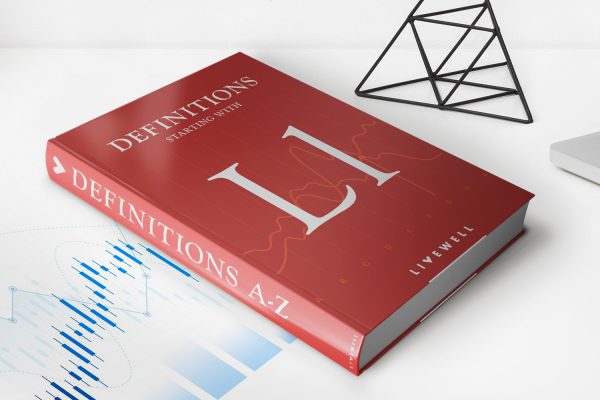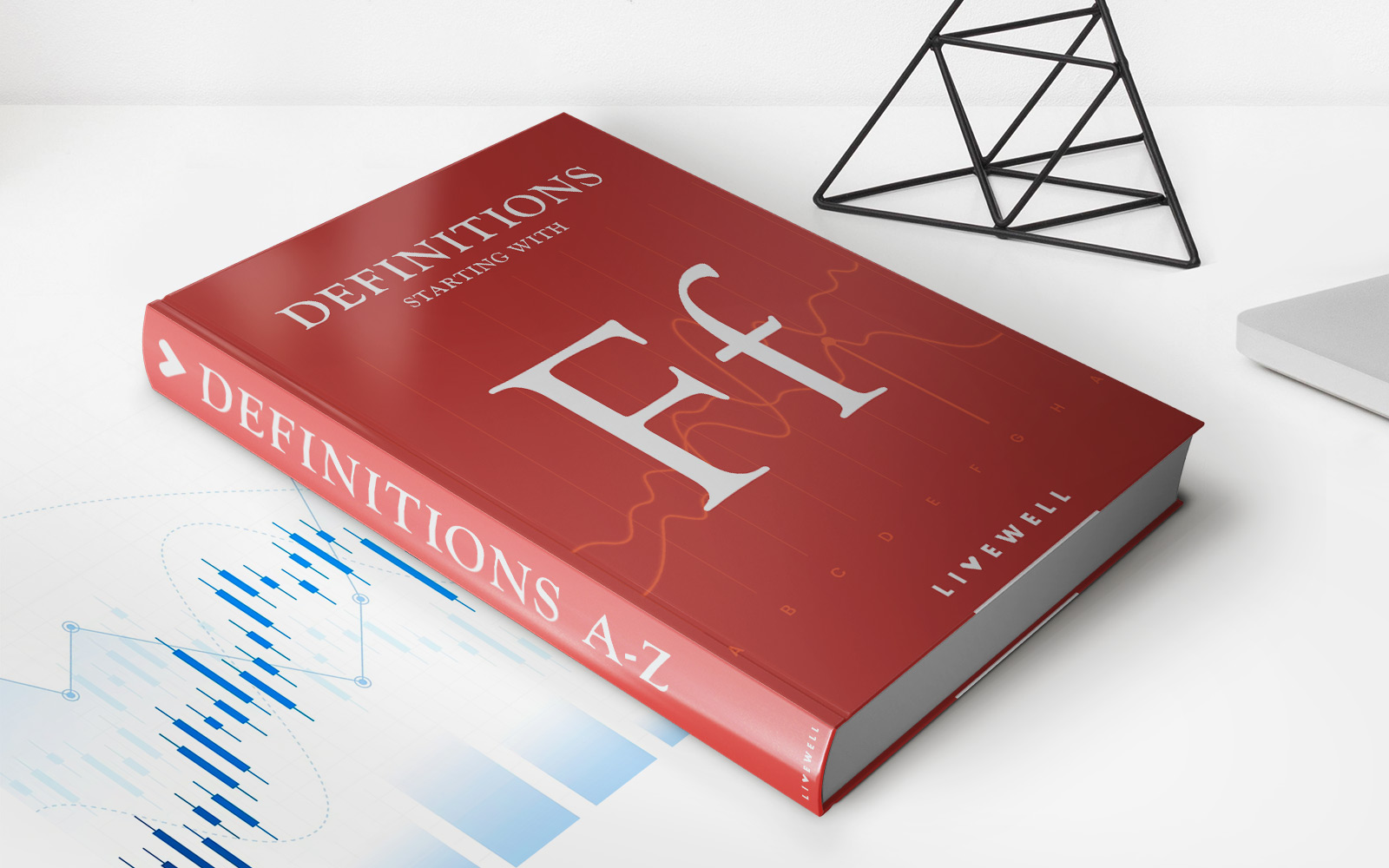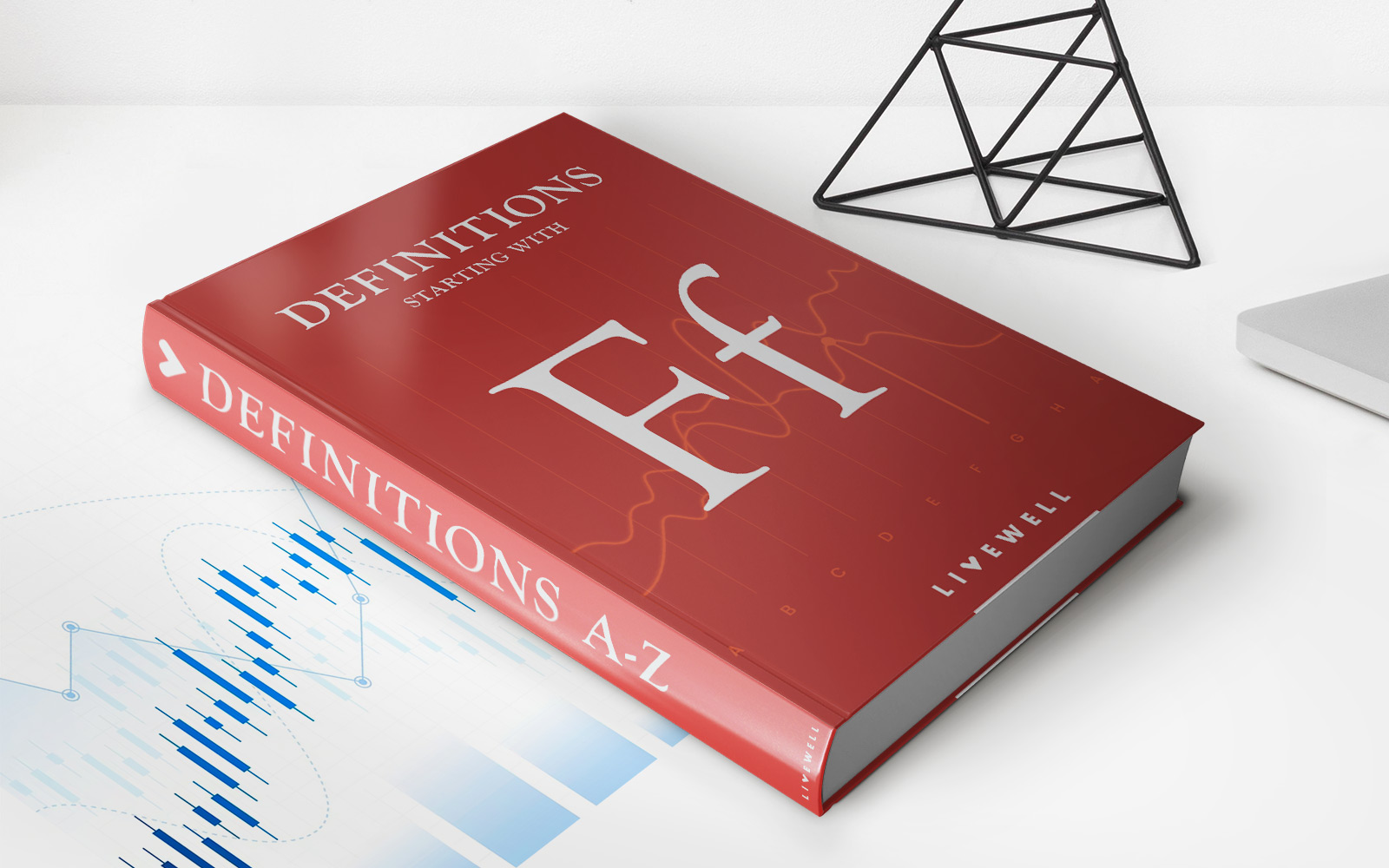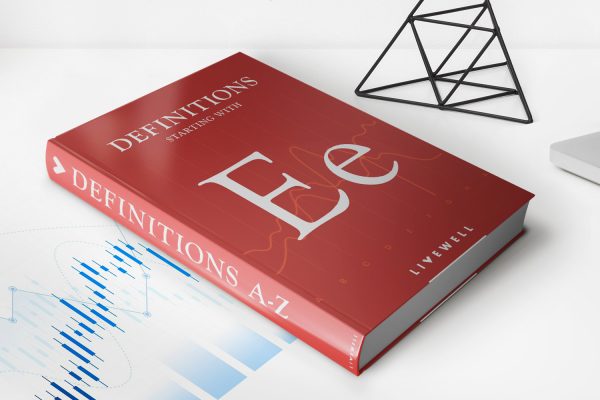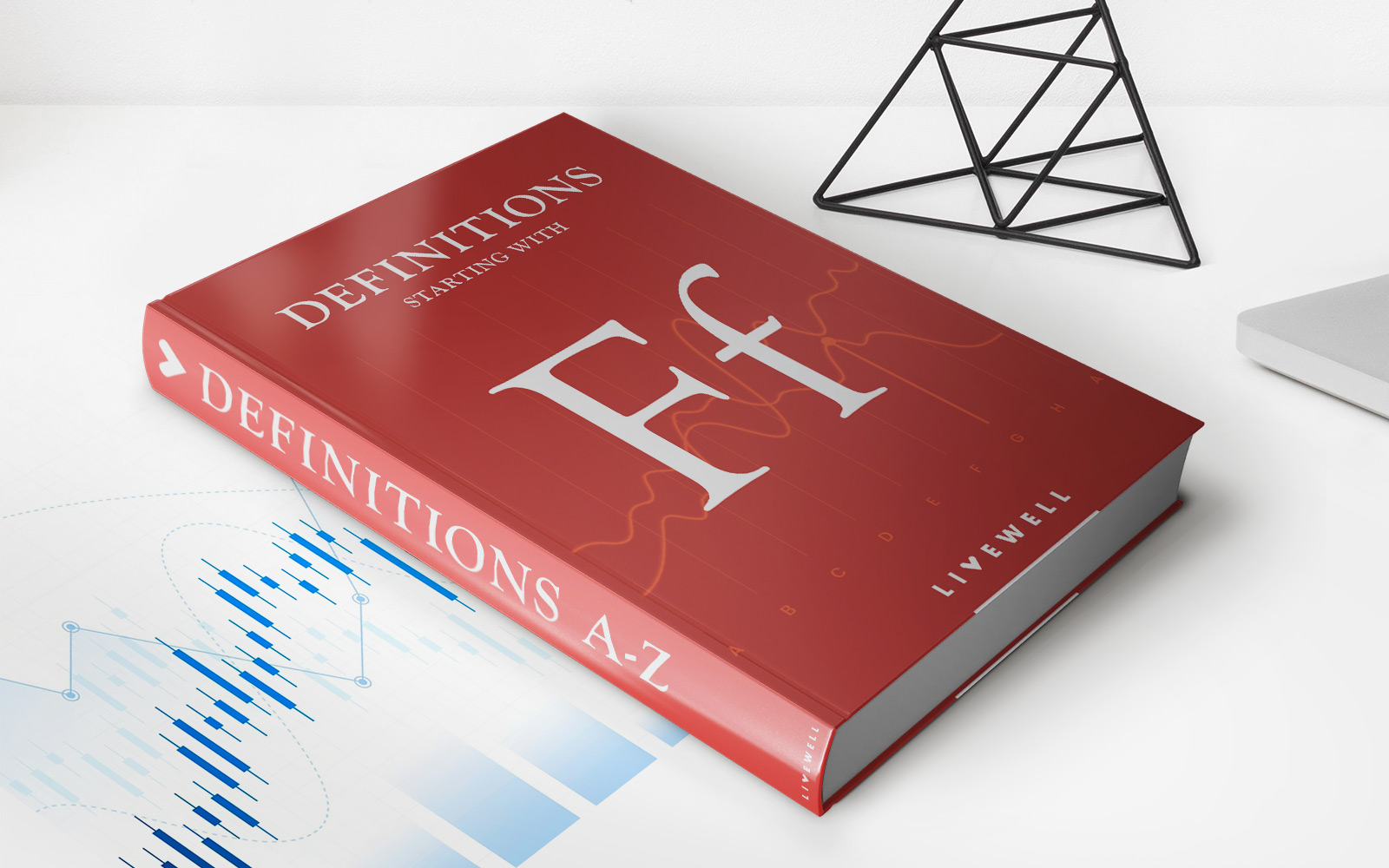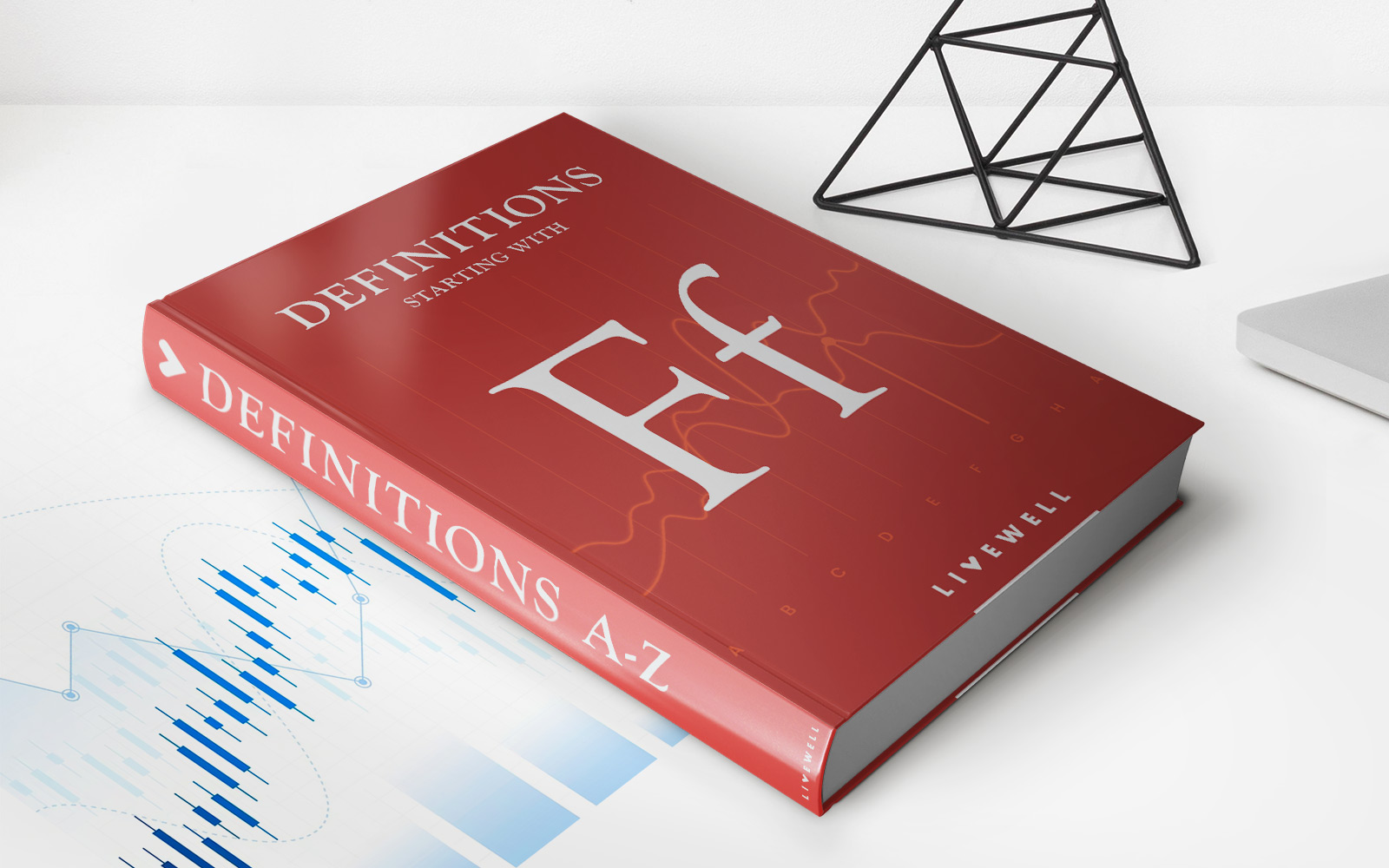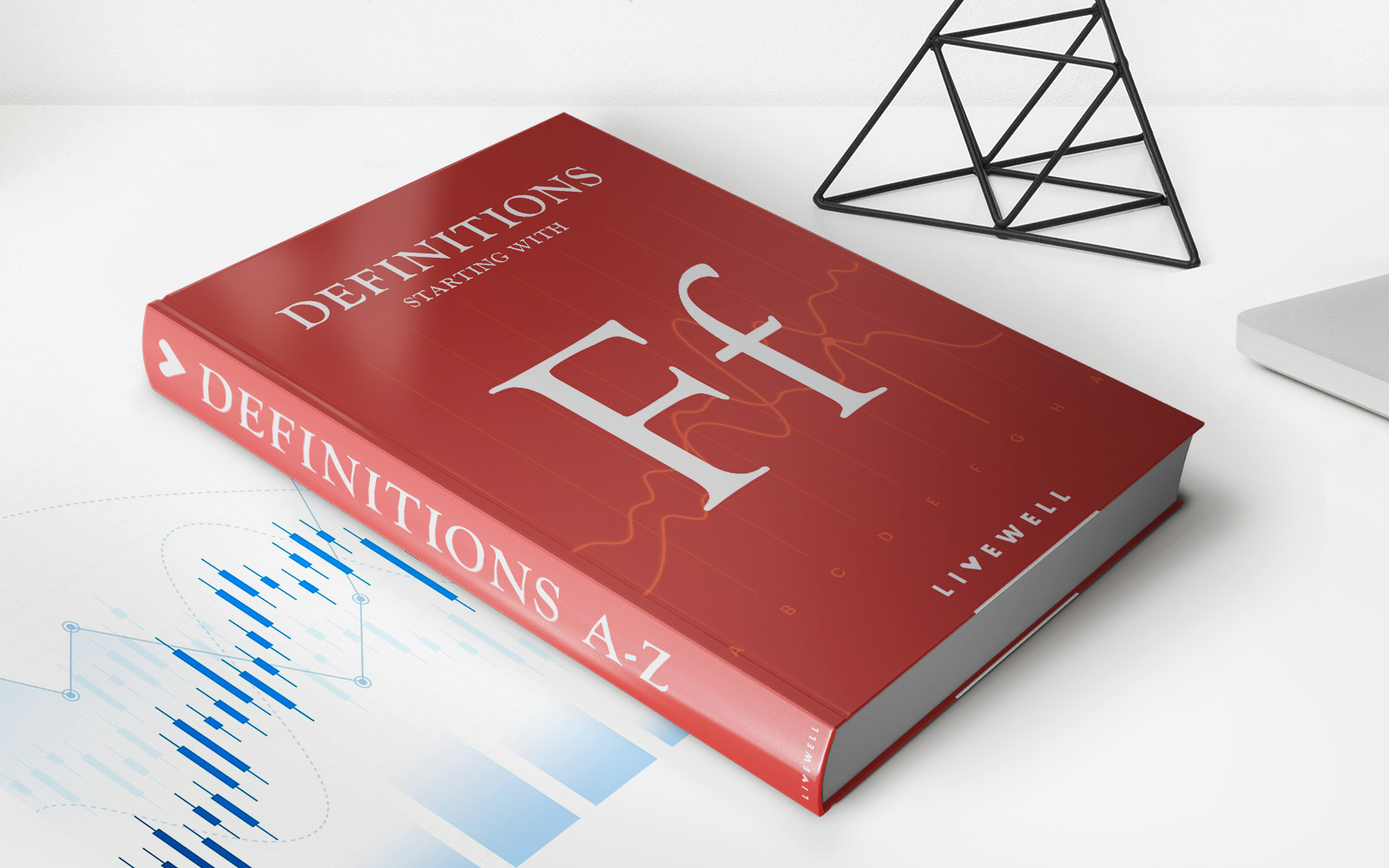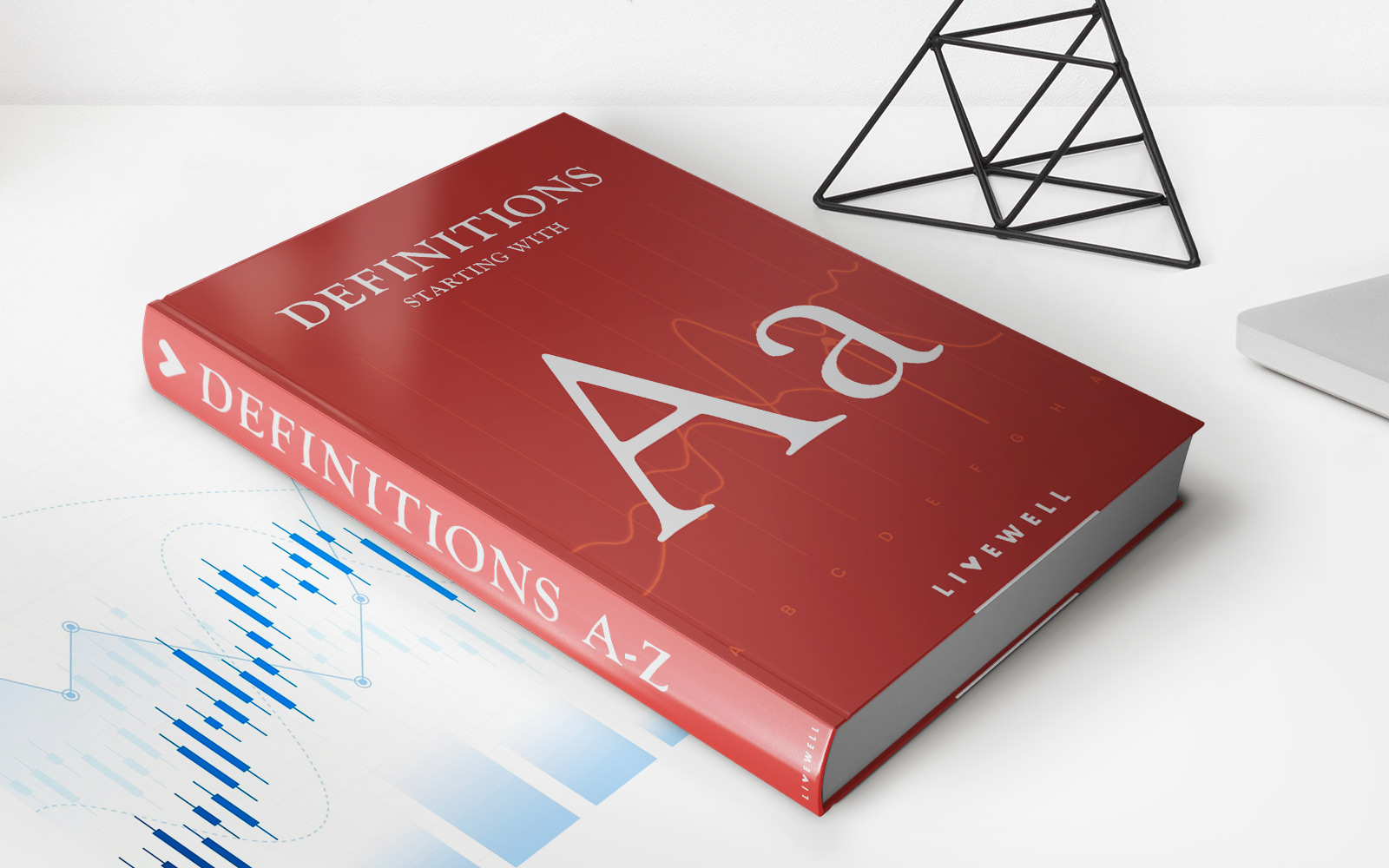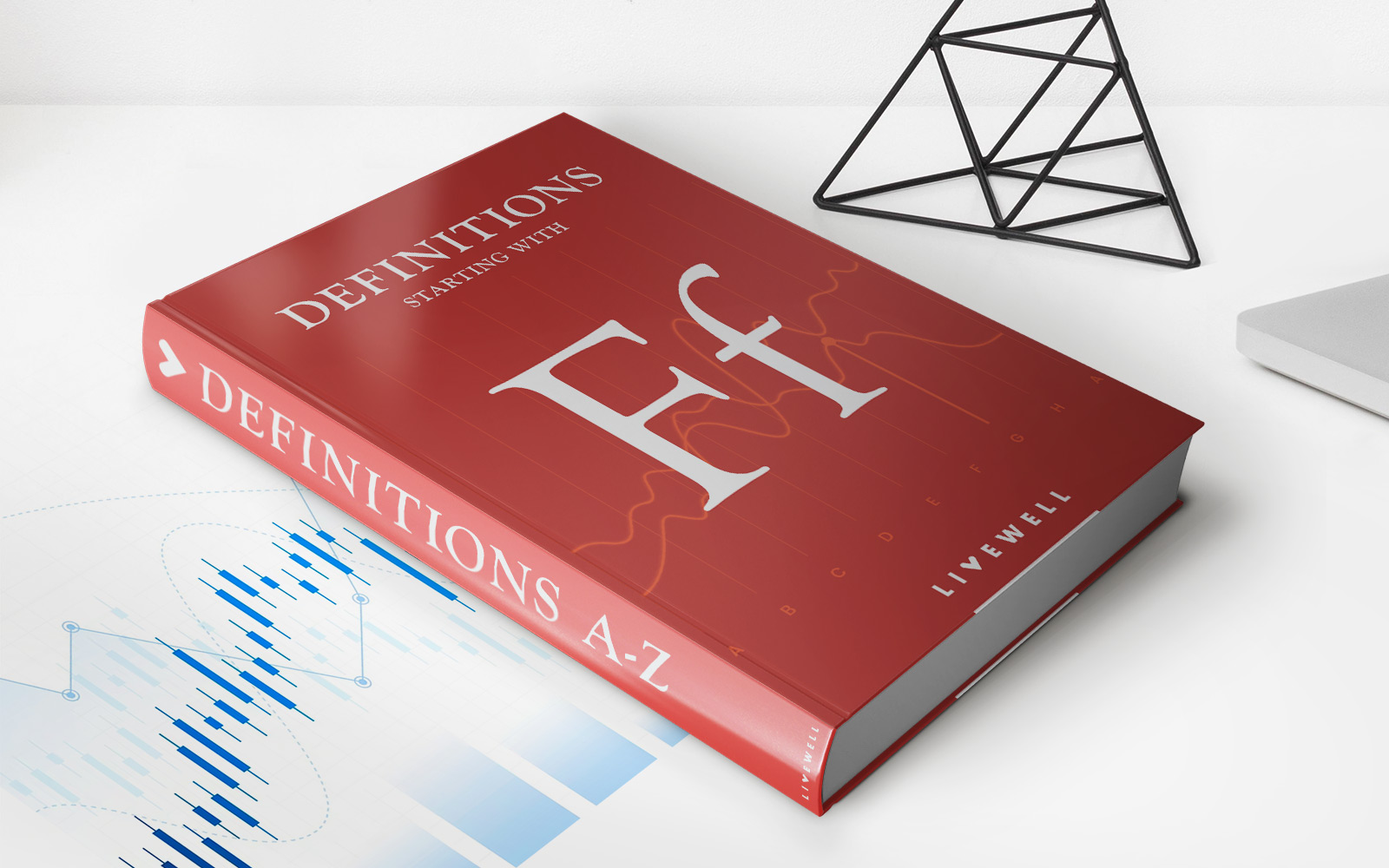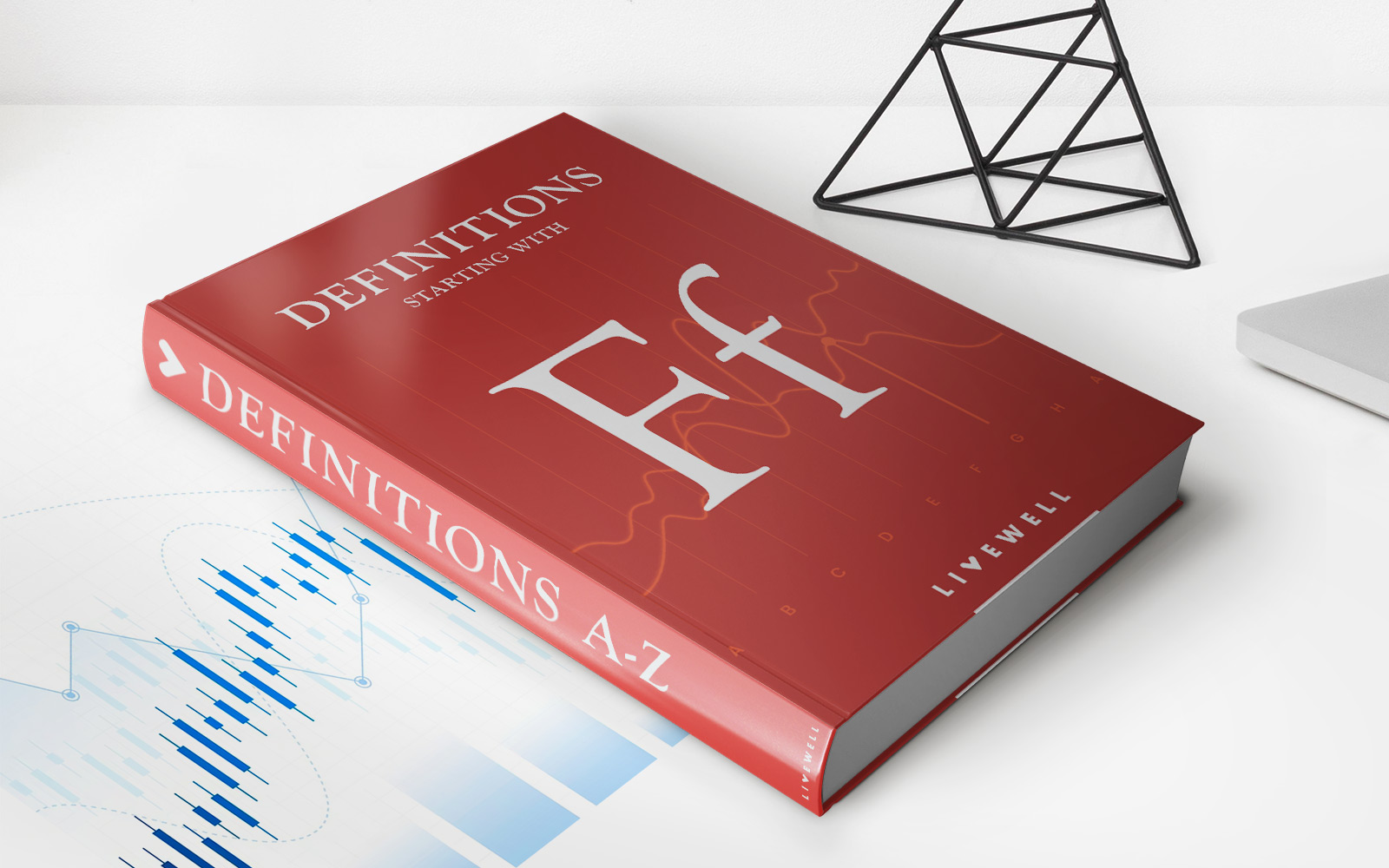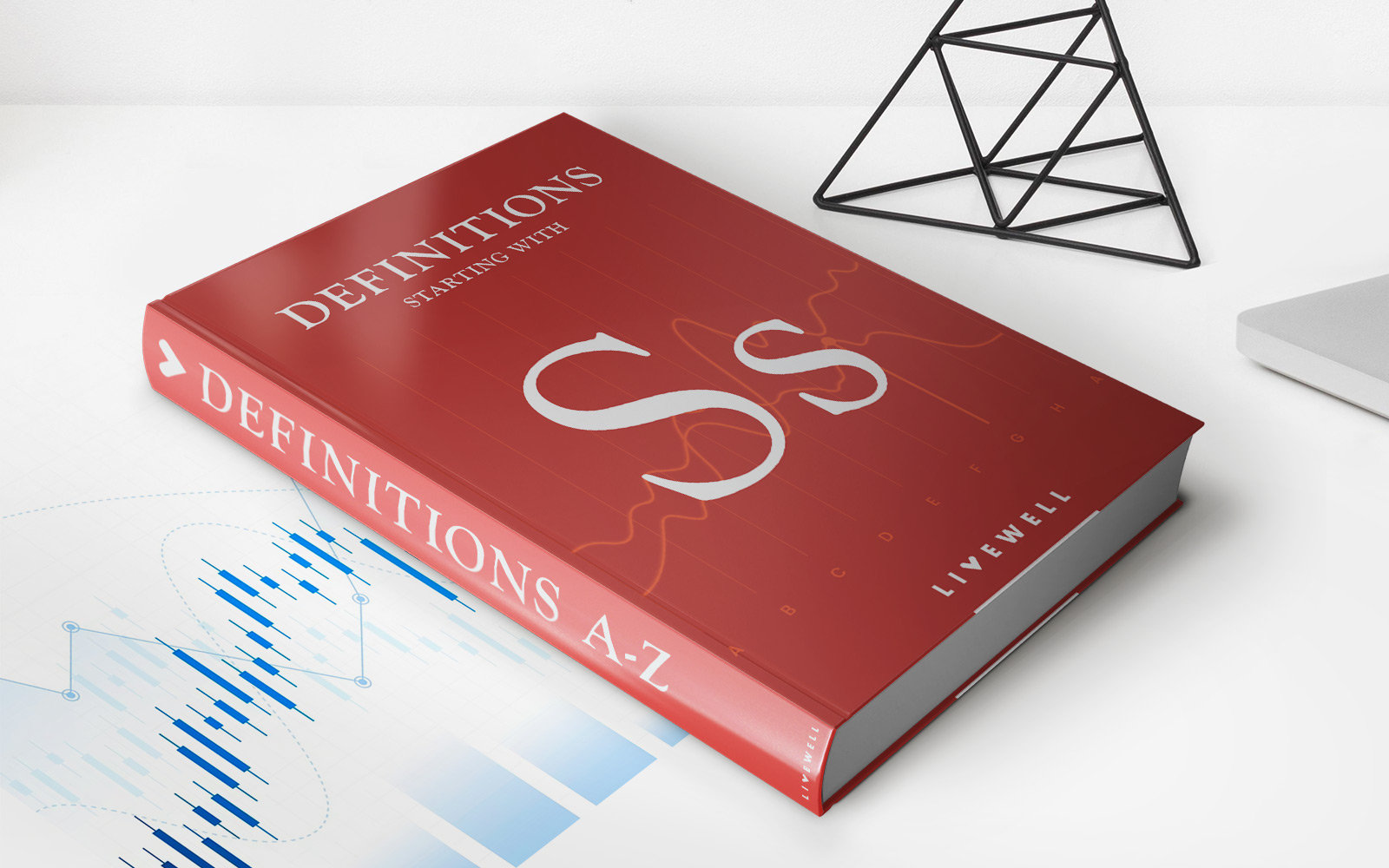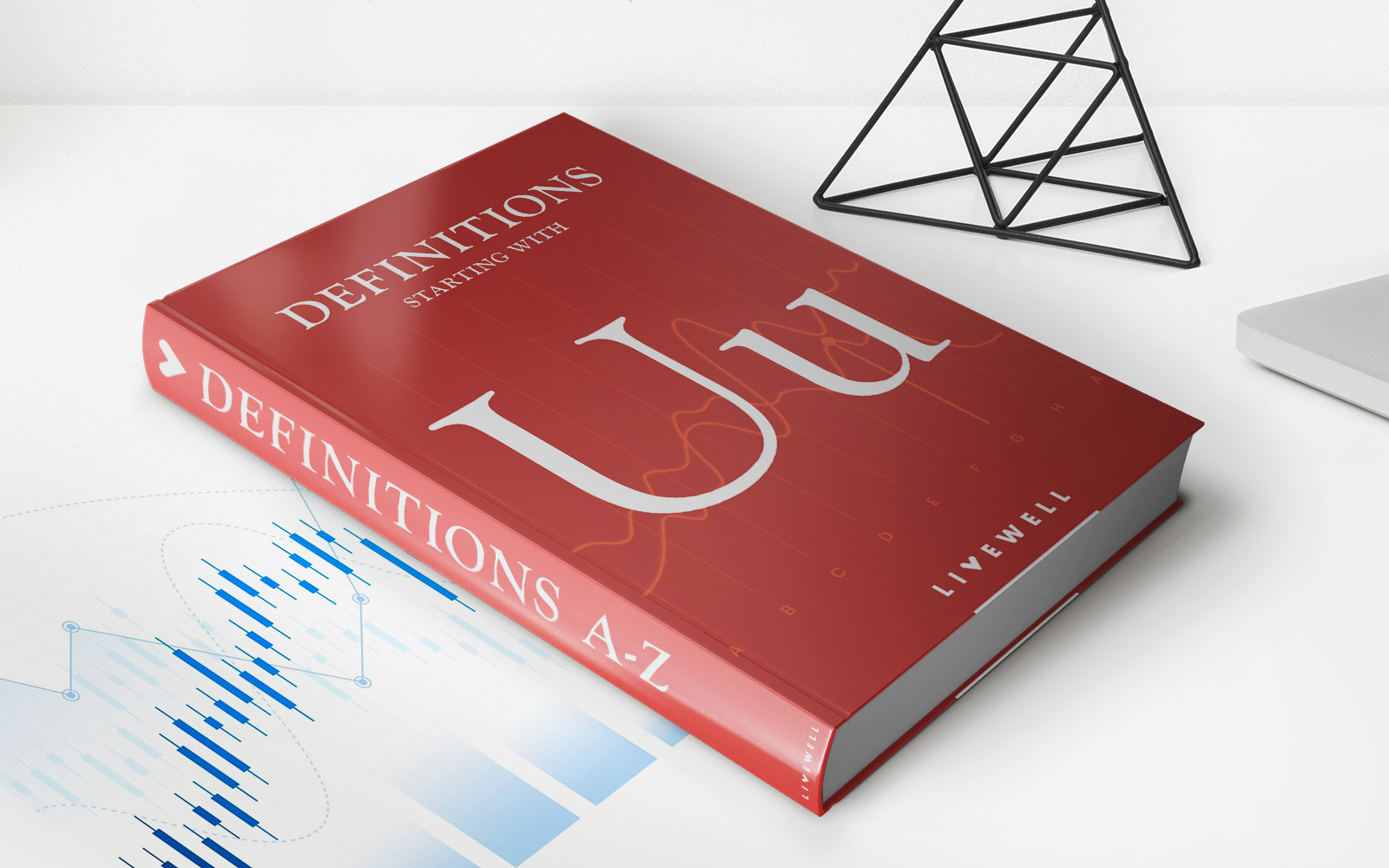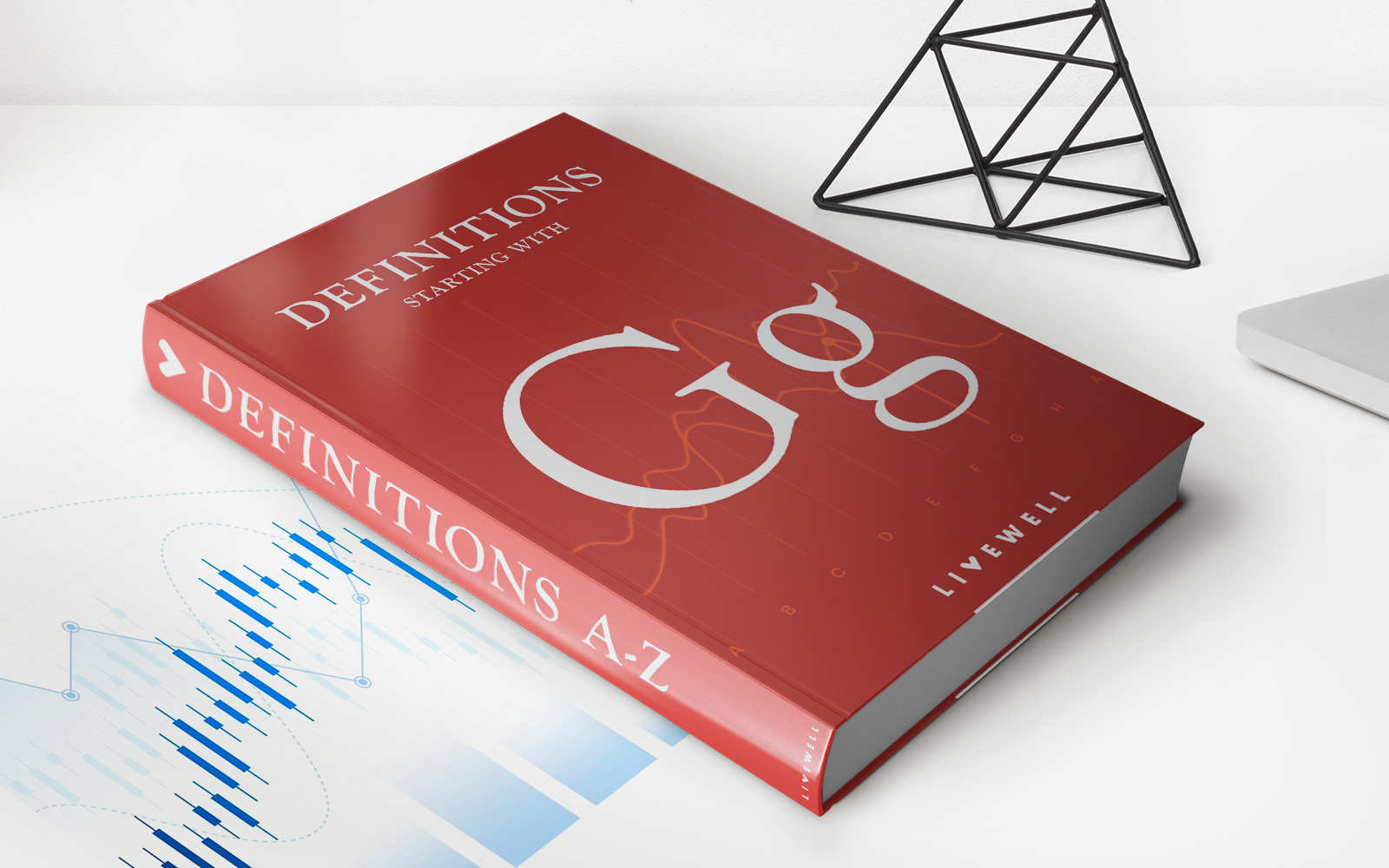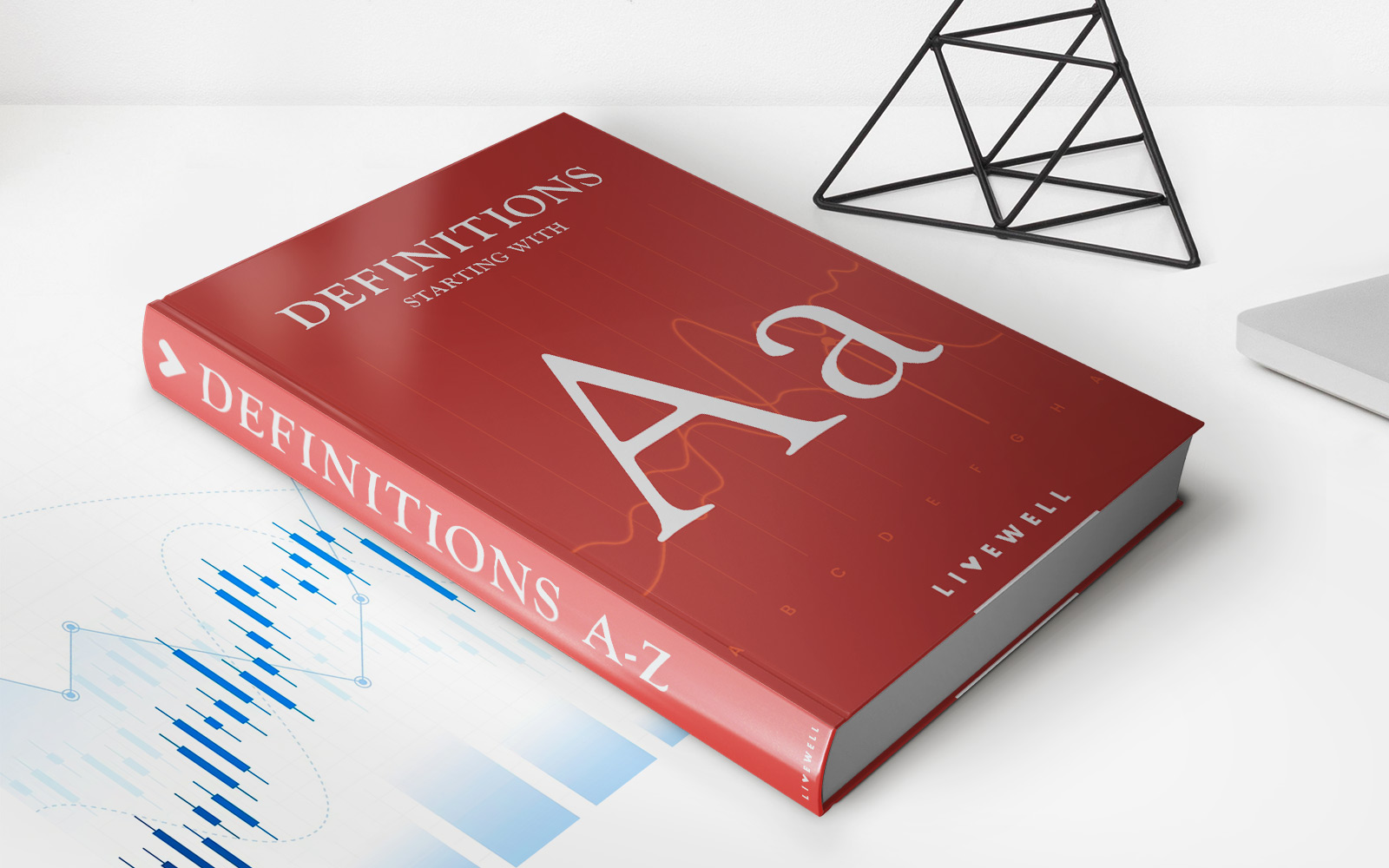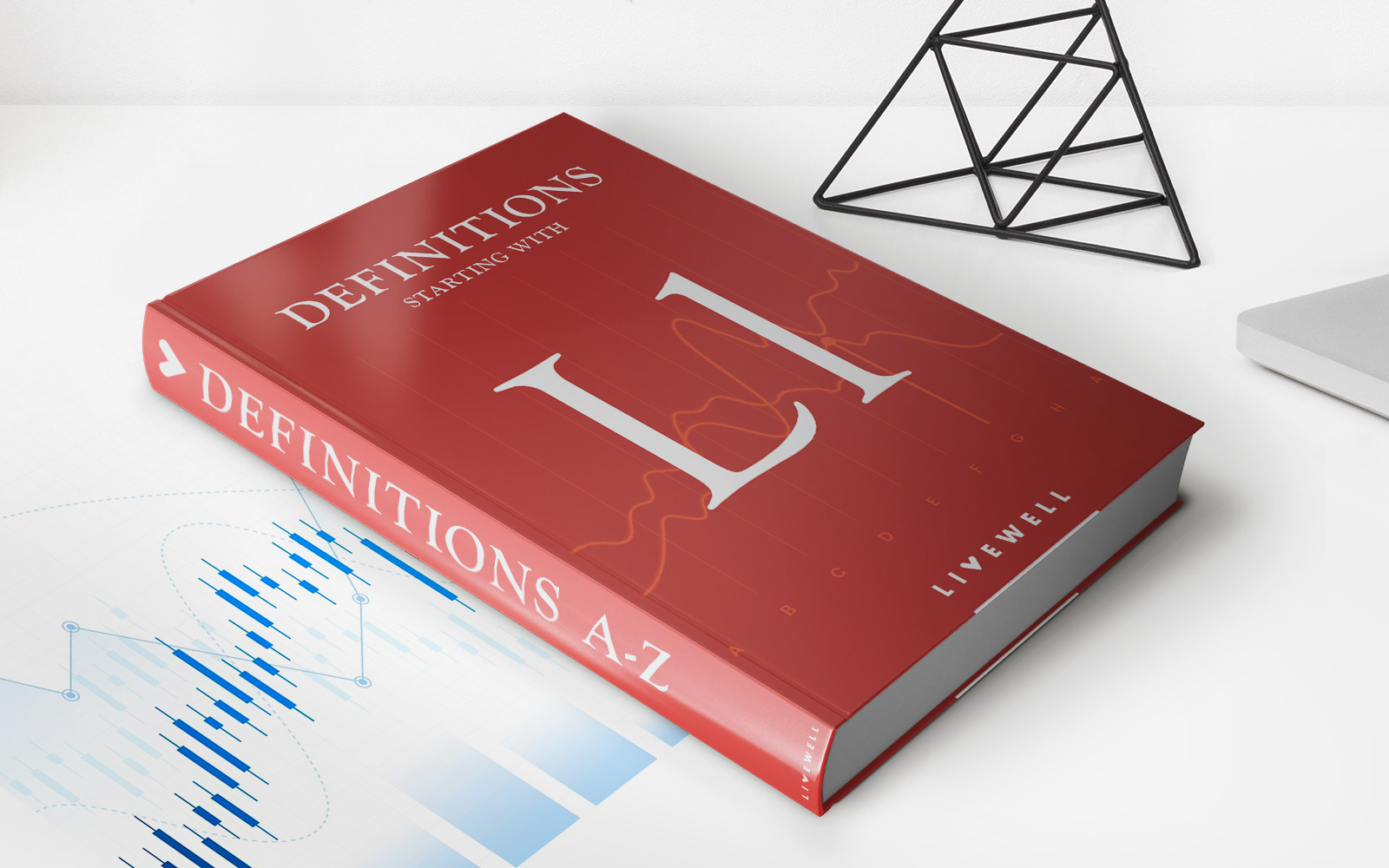

Finance
Long-Dated Forward Definition
Published: December 20, 2023
Discover the definition and importance of long-dated forward contracts in finance, and how they can impact your investment strategies.
(Many of the links in this article redirect to a specific reviewed product. Your purchase of these products through affiliate links helps to generate commission for LiveWell, at no extra cost. Learn more)
Understanding Long-Dated Forward Contracts for Financial Planning
When it comes to financial planning, understanding various investment tools and strategies is crucial. One such tool that often comes up in discussions is the long-dated forward contract. But what exactly is a long-dated forward contract, and how can it be used in finance? In this blog post, we will dive into the world of long-dated forward contracts and explore their definition, benefits, and applications.
Key Takeaways:
- A long-dated forward contract is an agreement between two parties to exchange a specific asset at a predetermined price at a future date.
- These contracts are commonly used to hedge against price fluctuations and to speculate on future market movements.
What is a Long-Dated Forward Contract?
A long-dated forward contract is a financial agreement between two parties to purchase or sell an asset at a predetermined price at a future date. The contract specifies the quantity, quality, and delivery date of the asset involved. The term “long-dated” refers to the longer maturity period of the contract compared to standard forward contracts.
Unlike other financial instruments, long-dated forward contracts are typically traded over-the-counter (OTC), meaning they are not exchange-traded. This allows for greater flexibility in terms of contract customization to suit the specific needs of the parties involved.
Benefits of Long-Dated Forward Contracts
Long-dated forward contracts offer several benefits, making them a valuable tool for financial planning:
- Hedging: These contracts allow businesses to hedge against price fluctuations in essential commodities or currencies. They can protect against potential losses by locking in a predetermined price for future transactions. This makes them particularly valuable for companies exposed to volatile market conditions.
- Speculation: Traders and investors can use long-dated forward contracts to speculate on future market movements. By entering into a forward contract, they can potentially profit from their anticipation of price changes. However, it should be noted that speculation carries inherent risks and should be approached with caution.
Applications of Long-Dated Forward Contracts
The applications of long-dated forward contracts are diverse and can be found across various sectors:
- Commodities: Agricultural producers and manufacturers often use long-dated forward contracts to lock in prices for raw materials. This helps them budget and plan for future production effectively.
- Foreign Exchange: Multinational corporations and individuals engaged in cross-border transactions can utilize long-dated forward contracts to protect themselves against currency fluctuations. This ensures stability in cash flows and minimizes foreign exchange risks.
- Real Estate: Property developers and investors can enter into long-dated forward contracts to secure land or properties at predetermined prices, protecting against the risk of rising real estate costs.
In conclusion, long-dated forward contracts are an essential tool in financial planning. By understanding their definition, benefits, and applications, investors, businesses, and individuals can make informed decisions to effectively manage risk and capitalize on market opportunities.
Remember, when considering long-dated forward contracts or any financial instrument, it is always advisable to seek professional advice from a qualified financial advisor or consultant.
